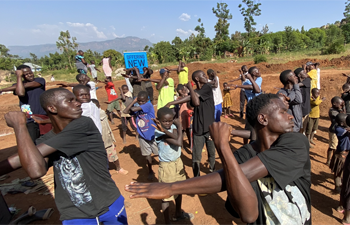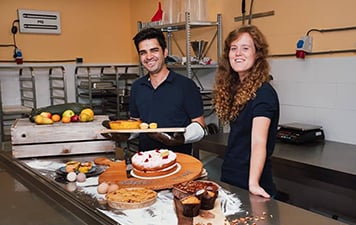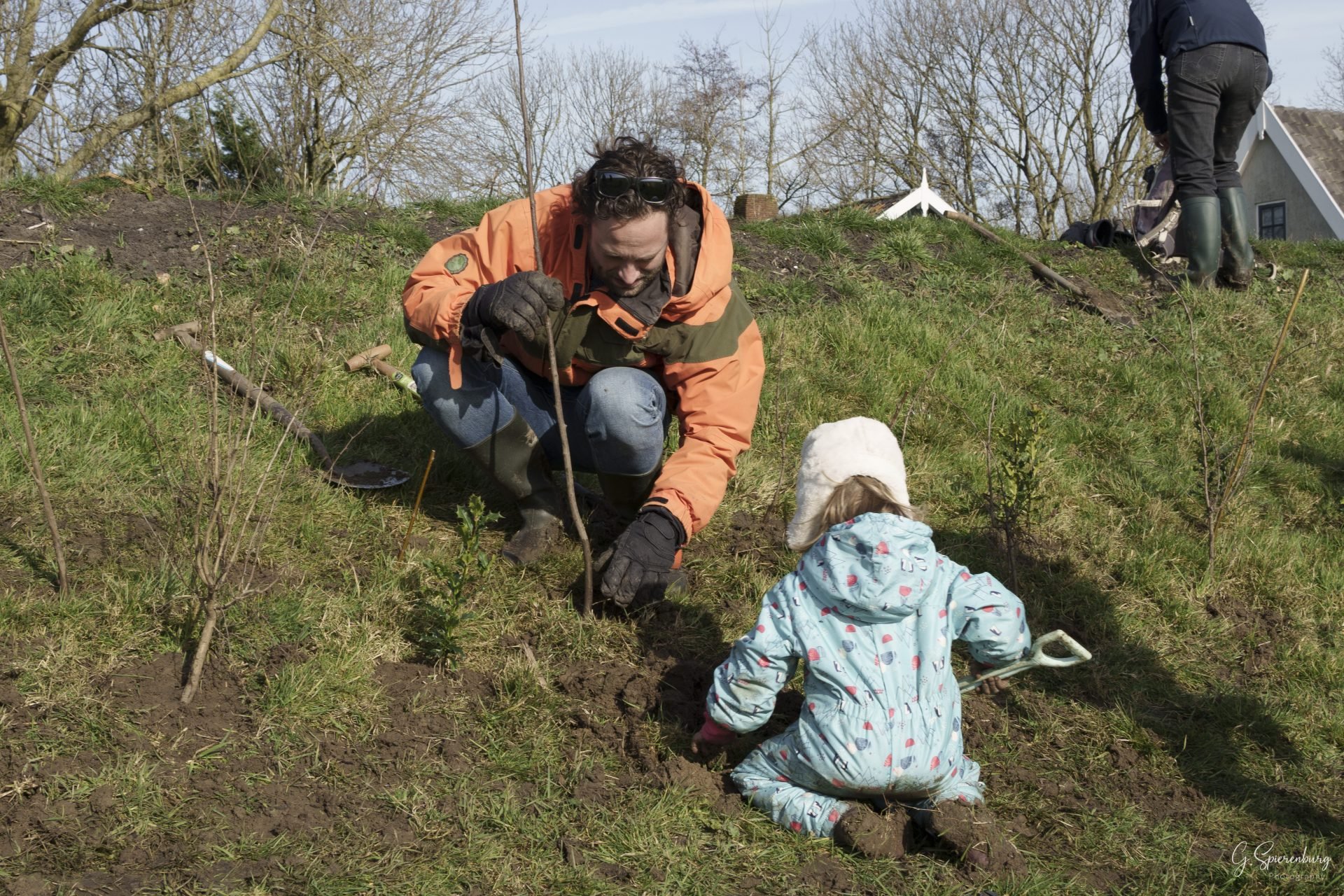You know the story – bananas look great in the supermarket but turn brown fast once you get them home. This iconic fruit was the start of a revolution for SUNT The Banana Factory. Of the 100 million tonnes of bananas cultivated, around 50 billion kilos are wasted worldwide throughout the chain. Laura Hoogland, founder of SUNT talks about her fight against food waste: “We want to make a big impact, shake up the whole chain. How can we do that? With the world’s most popular, but also most wasted fruit.”
Banana squeezers in the port
Bananas are fragile. Anything can happen to them on their journey from grower to fruit bowl. From their country of origin, bananas take around three weeks to arrive at the ports of Rotterdam or Antwerp. It may be too hot or there may be too little ventilation. There are loads of reasons as to why ripening may not go as planned. The pallets are checked one by one on arrival at the port. If there are six boxes of bananas on a pallet that do not feel “as hard as rock”, the whole pallet is rejected. These bananas are fermented or burned while nine out of ten are still completely green.
Apart from the fact that this burning causes unnecessary emissions, importers pay big money to have the bananas destroyed. SUNT offers a cheaper alternative and creates a new high-quality raw material for foodstuffs. Laura explains: “I’m proud of the partnership we have entered into with a number of major market leaders. This shows that we are taken seriously and that we also help each other.”
Two steps forward, one step back
As a start-up, it’s not easy to get a foot in the door with other parties and to make a product known and accessible to consumers. For example, importers claim that there are no losses at all at the ports. A percentage of 1 to 3% may not seem much, but this quickly adds up to tens of thousands of kilos of bananas every year. Laura: “At SUNT, we are going to do things differently than the protocols prescribe. We want to take big steps forward, and then you run into hopelessly outdated legislation and regulations, which are currently not at all geared to sustainable business operations. Yet I firmly believe that ‘where there’s a will, there’s a way’. It involves fighting and bickering, but nothing is impossible.”
‘We change the game’
To draw more attention to making the food chain more sustainable, SUNT contacted like-minded start-ups. Laura: “Together with 45 other innovative companies, we profiled ourselves as game-changers. We advertised in bus shelters throughout the Netherlands and last September we opened a supermarket in Amsterdam where we presented a new, sustainable alternative for every classic product: ‘We change the game’." DOEN also helps with the publicity. "DOEN’s huge and diverse network is of great value to us. I thought our TV debut on Miljoenenjacht [Hunt for Millions] was a great moment. We introduced ourselves in a video and drew attention to the waste of bananas worldwide. This immediately gave us more name recognition.”
Let's go bananas!
SUNT continues to innovate in the fight against waste. “We already have banana puree, banana bread and granola in our range and we are now working on a new product that we hope to launch in mid-2022. It’s still top-secret, so I can’t say too much about it, except that we don’t have any plans to work with any other fruit for the time being. There are so many bananas to be saved in the world that we will be busy for some time yet.”
SUNT's products are for sale at various supermarkets, via their own webshop and recently also at Schiphol.
SUNT is supported by DOEN Participaties, the social investment company of the DOEN Foundation.


